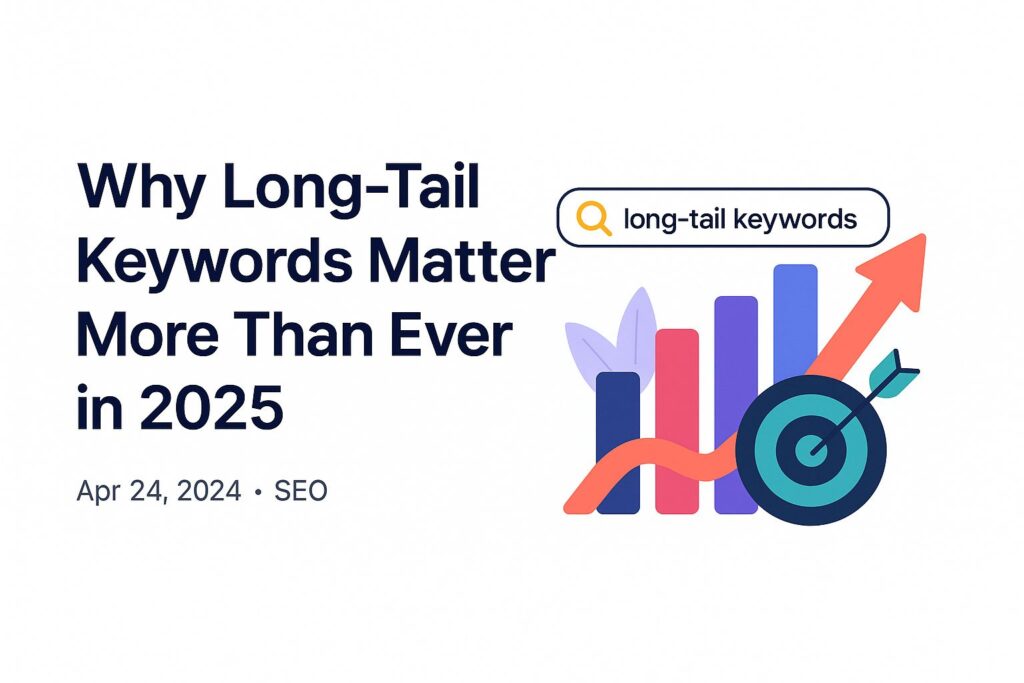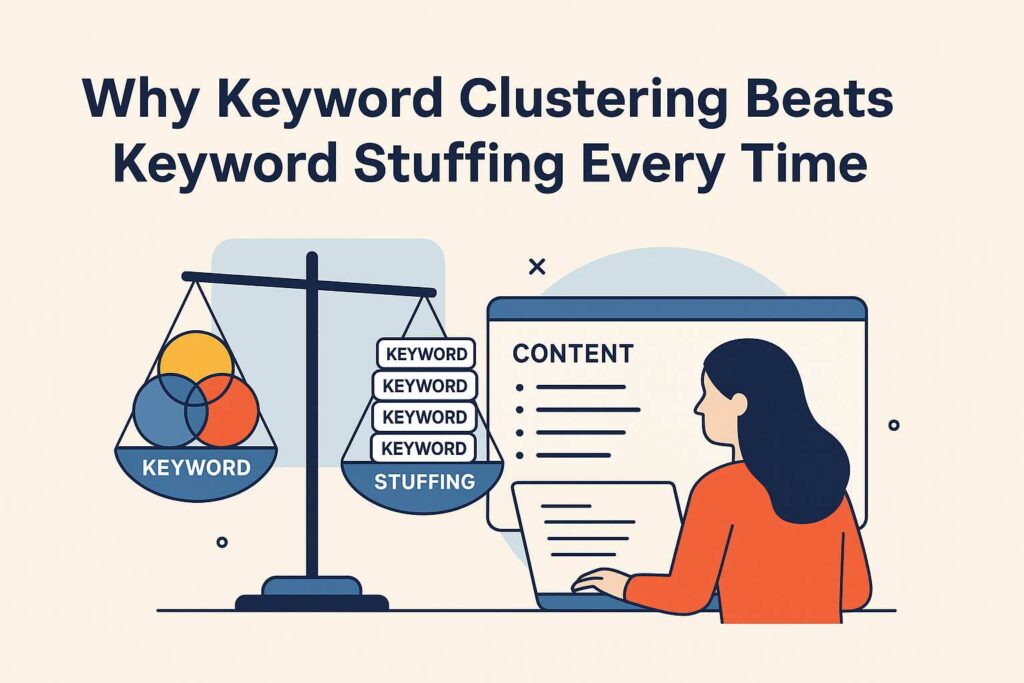Keyword Studio vs Traditional SEO Tools: A Data-Led Comparison
Keyword Studio vs Traditional SEO Tools: A Data-Led Comparison In the fast-evolving world of SEO, the tools you choose can either simplify your strategy or complicate it. Traditional SEO platforms are powerful—but often bloated, complex, and overwhelming for content teams that want to move fast and stay focused. That’s where Keyword Studio comes in. This article dives into a data-led comparison between Keyword Studio and traditional SEO tools to help you understand how each stacks up in real-world keyword research and content execution scenarios. 🧩 The Core Difference: Simplicity vs. Complexity Feature Keyword Studio Traditional SEO Tools User Experience Clean, focused interface Feature-heavy, often cluttered Keyword Volume Handling Curated suggestions only Thousands of keyword variations Intent Filtering Built-in, intuitive Manual and time-consuming Learning Curve Beginner-friendly Steep for non-SEO users Ideal For Writers, content strategists, SaaS teams SEOs, agencies, data analysts 📊 Traditional SEO Tools: What They Do Well There’s no denying that tools like Ahrefs, SEMrush, and Moz are data-rich powerhouses. They offer: Deep backlink analysis Competitive tracking Extensive SERP metrics Advanced filters These tools are perfect for large-scale SEO audits, link-building campaigns, and agencies managing dozens of clients. But here’s the catch: for many content teams, this level of complexity becomes a barrier rather than a benefit. 🚀 Keyword Studio: Built for Speed, Focus, and Results Keyword Studio flips the script by removing the noise and surfacing only what matters. Here’s what makes it different: One-screen output: All relevant keyword data on one page—no tabs, no fluff. Intent-first design: It doesn’t just tell you what people search—it shows you why. Smart keyword grouping: Automatically clusters related terms so you don’t have to. Optimised for content: Whether you’re writing for blogs, landing pages, or SEO briefs, you’re always focused. 👉 Think of it as a tool made for content creators—not data analysts. 🔄 Side-by-Side Workflow Comparison Step Traditional Tools Keyword Studio Keyword Input Enter a seed keyword Enter a topic or question Suggestions Returned 1,000+ keywords Curated, focused suggestions Manual Filtering Needed High Low to none Export/Brief Creation Requires external templates Built-in and instant Time to Final Keyword Set 30–60 minutes 5–10 minutes 💬 What Users Say “We used to spend hours just narrowing down keyword lists. With Keyword Studio, our content team can start writing within 10 minutes.”— Content Manager at a SaaS Startup “It’s perfect for clients who don’t have in-house SEOs. The interface is simple, and it makes keyword strategy way more actionable.”— Freelance SEO Consultant 📌 When to Use Keyword Studio vs. Traditional Tools Use Case Best Tool Technical SEO audits Traditional SEO Tools Competitive backlink tracking Traditional SEO Tools Weekly blog content planning Keyword Studio Content ideation for SaaS/Startups Keyword Studio Quick-win keyword discovery Keyword Studio ✅ Final Thoughts Traditional SEO tools offer depth.Keyword Studio offers direction. If you’re building a content engine and want a keyword research workflow that’s: Data-driven Beginner-friendly Built for content execution Then Keyword Studio is the tool you’ve been waiting for. Ditch the keyword clutter. Embrace clarity. 👉 Try Keyword Studio today and see how keyword research becomes not just easier—but smarter.
Keyword Studio vs Traditional SEO Tools: A Data-Led Comparison Read More »










